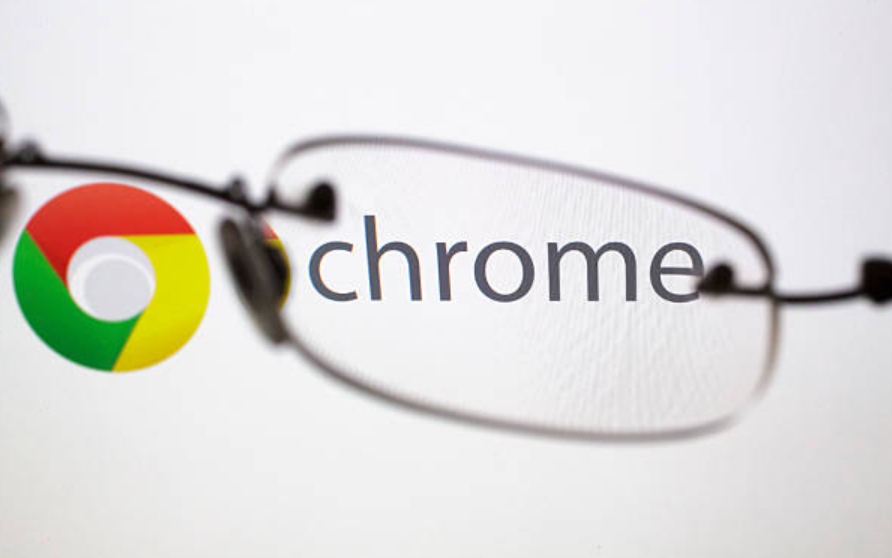Apple’s long standing policy of restricting web browser engines on iOS devices, favoring its own Safari browser, has long been a point of contention.
Google and Mozilla, among other companies, have found themselves compelled to provide versions of their web browsers for iPhone users that are not as finely tuned for optimal performance.
This requirement has led to the availability of browser options on iOS that often lack the full functionality and efficiency experienced on other platforms, ultimately leading to a less satisfactory browsing experience for iPhone users.
Despite claims of prioritizing safety and security, it’s clear that Apple’s motive is to maintain Safari’s dominance among iPhone users.
However, a significant shift is on the horizon, driven by new regulations from the European Union. Apple will now allow alternative browser engines on iOS devices, albeit initially only in the EU.
With the release of iOS 17.4, developers can choose non-WebKit engines for their browsers, offering features previously exclusive to Safari, such as Passkeys and multiprocessing. This change comes in response to the EU’s Digital Markets Act, which seeks to promote consumer choice and challenge the monopolistic practices of tech giants like Apple.
Enhancing User Experience with Google Chrome

While Apple’s compliance may not be willingly embraced, it marks a step towards greater interoperability and user freedom.
This evolution is embraced by a considerable number of individuals who perceive Apple’s stringent regulation of software prerequisites as constituting anti-competitive practices in the market.
Many stakeholders see this shift as a positive step toward fostering fair competition and breaking free from Apple’s historically rigid control over the software ecosystem.
Allowing Google and other developers to create more competitive browsers for the iPhone enhances the overall user experience. It offers hope that users will have access to superior apps, even if they aren’t developed by Apple. (https://www.openflightmaps.org/)
For those concerned about Apple’s growing dominance in the smartphone market, this shift brings a glimmer of hope. While the change is currently limited to the EU, it signals a potential loosening of Apple’s grip on its software ecosystem, offering the possibility of greater choice and functionality for users worldwide.


Comments are closed.